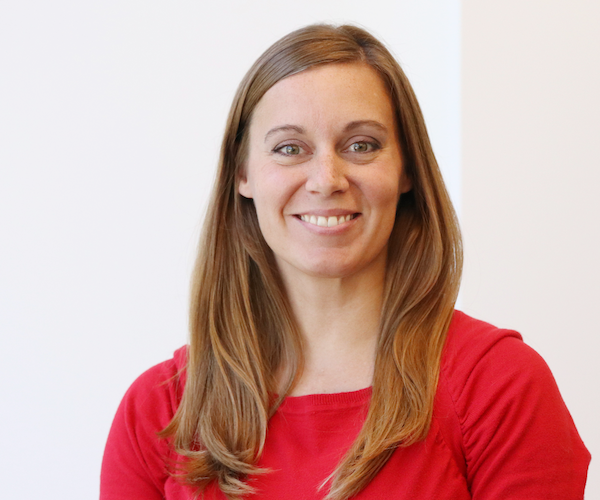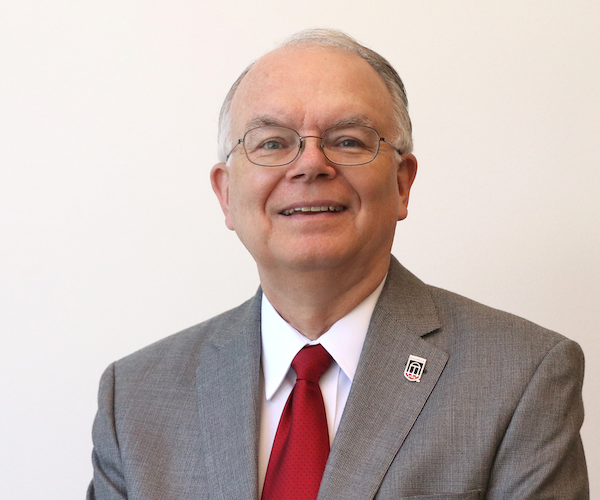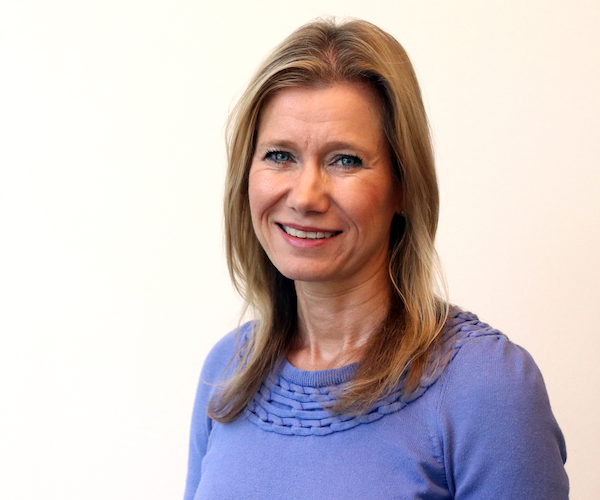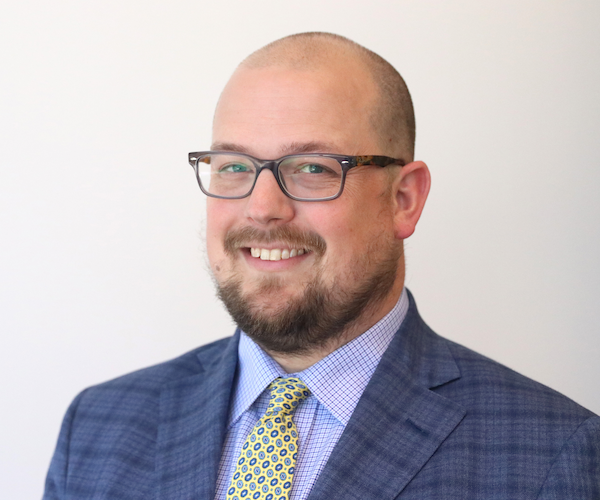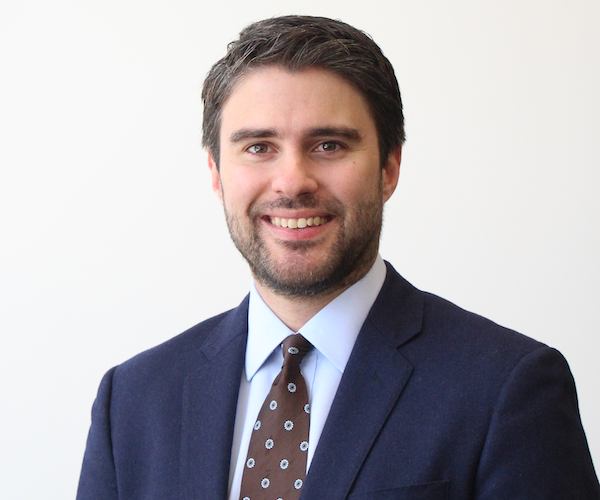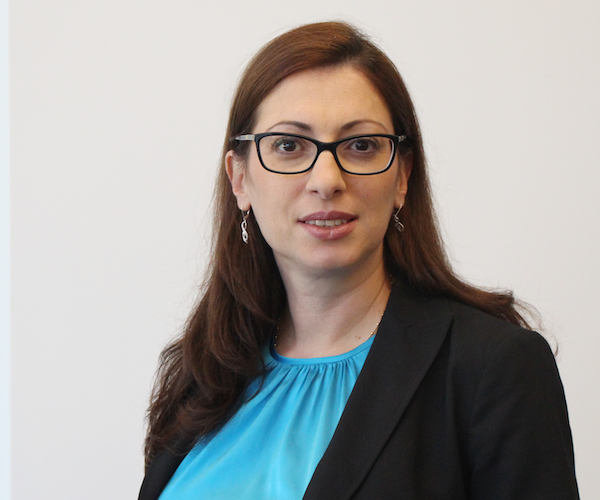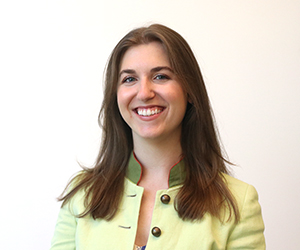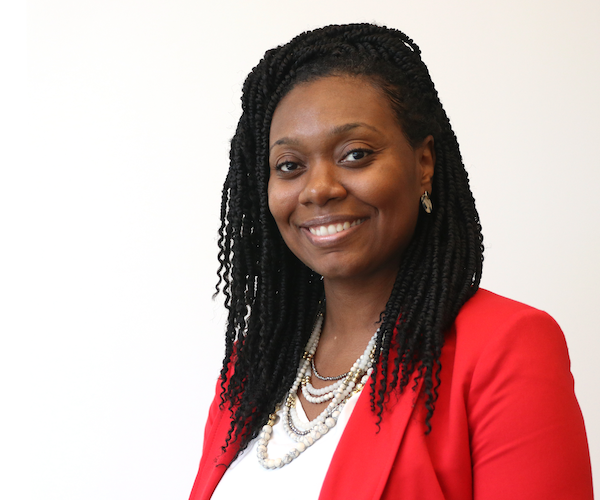Certificate in News Literacy
Certificate in News Literacy
The Certificate in News Literacy program enhances students’ ability to discern between credible information and information disorder through critical examination of how we access, analyze, verify, create and share media messages with an emphasis on news.

Overview
Clickbait. Deepfakes. Disinformation. Bias. Conspiracies. Hoaxes. The media, especially the news media, shapes what individuals know about their community and the world, and being literate about the information they receive is essential to making good decisions. Our democratic society needs as many people as possible — citizens as much as journalists, educators and other professionals — to wade into the digital world equipped with concepts and tools to help them recognize the difference between truth and falsehoods.
This certificate program enhances students’ ability to discern between credible information and information disorder through critical examination of how we access, analyze, verify, create and share media messages with an emphasis on news. Students study the critical role news organizations play in our marketplace of ideas and will explore journalistic responsibility and important ethical constructs of the news and information ecosystem. This certificate is offered by the James M. Cox Jr. Institute for Journalism Innovation, Management and Leadership.
ELIGILBILTY
The Certificate in News Literacy is open to all students enrolled at the University of Georgia.
Students can automatically enroll in the Certificate of News Literacy through their Athena account once registered for the introductory course, JOUR 3030. Students do not need special permission to enroll in the certificate and can enroll at any time.
When you apply in Athena to graduate, you will include the certificate in your application.
CERTIFICATE TRACK: HOW IT WORKS
Students are required to complete four specific courses for 12 academic credit hours. The introductory course must be taken first and the capstone course must be taken last. The intermediate courses can be taken in any order.
JOUR 3030 – Media, News, and Consumers
In this introductory course, students will become critical consumers of media and will explore how media create and disseminate messages, with a focus on current issues in all media forms.
JOUR 5320 – Journalism Ethics and Diversity
The course considers social responsibility and presents a contemporary framework for transparency and community with a focus on diversity as a guiding journalistic principle.
JOUR 5420 – Credibility, the News Media, and Public Trust
This class examines how to sustain credible practice in a time of great change to understand which changes offer the best chance of resolving the conflict in favor of credible practice.
JRLC 3600 – Media Savvy: Becoming Digitally Literate
This capstone course enhances the ability to discern between news and misinformation through critical examination of how we access, analyze, verify, and create media messages. We will look closely at the critical role news organizations play in informing us and its significance for our democracy. This course’s purpose is to be a project-based survey of concepts, techniques, and tools that guide those who are media savvy, such as journalists, to make educated decisions about digital content. NOTE: JRLC 3600E fulfills the requirement during summer semesters.
CLASS Sampler
JOUR 3030 – Media, News, and Consumers
In this introductory course, students will become critical consumers of media and will explore how media create and disseminate messages, with a focus on current issues in all media forms.
JOUR 5320 – Journalism Ethics and Diversity
The course considers social responsibility and presents a contemporary framework for transparency and community with a focus on diversity as a guiding journalistic principle.
JOUR 5420 – Credibility, the News Media, and Public Trust
This class examines how to sustain credible practice in a time of great change to understand which changes offer the best chance of resolving the conflict in favor of credible practice.
JRLC 3600 – Media Savvy: Becoming Digitally Literate
This capstone course enhances the ability to discern between news and misinformation through critical examination of how we access, analyze, verify, and create media messages. We will look closely at the critical role news organizations play in informing us and its significance for our democracy. This course’s purpose is to be a project-based survey of concepts, techniques, and tools that guide those who are media savvy, such as journalists, to make educated decisions about digital content. NOTE: JRLC 3600E fulfills the requirement during summer semesters.
FACULTY
-
Learn More
Amanda Bright
Senior Academic Professional; Director, Cox Institute Journalism Innovation Lab
ABOUT Amanda Bright teaches capstone journalism and news literacy classes and digital design. She serves as the managing editor for Newsource’s digital products and is the instructor and assistant editor for The Oglethorpe […]
-
Learn More
Keith Herndon
William S. Morris Chair in News Strategy and Management; Executive Director, James M. Cox Jr. Institute and Professor of Practice in Journalism
About: Dr. Herndon teaches the introductory course Media, News and Consumers, Business of News, Financial Journalism and Food Journalism as a special topics course and as independent study. He holds […]
-
Learn More
Lori Johnston
Lecturer; Director, Cox Institute Journalism Writing Lab
About: Lori Johnston teaches a variety of journalism classes, including reporting and writing across platforms, religion reporting, home and garden reporting, critical writing, feature writing and investigative reporting. View Curriculum Vitae […]
-
Learn More
Kyser Lough
Assistant Professor
About: Dr. Lough studies visual communication and solutions journalism, with an emphasis on photojournalism. He teaches graduate-level visual communication method & theory, as well as undergraduate photography and journalism ethics […]
-
Learn More
Jonathan Peters
Department Head, Associate Professor
ABOUT Dr. Jonathan Peters is the head of the Department of Journalism and holds a faculty appointment in the School of Law. He teaches and researches media law and policy. […]
-
Learn More
Ivanka Pjesivac
Associate Professor
About: Dr. Pjesivac teaches undergraduate and graduate courses in digital storytelling, public opinion, and international communication. She studies international and cross-cultural communication, media trust and credibility, and effects of digital […]
-
Learn More
Charlotte Norsworthy Varnum
Part-time Instructor; program coordinator, News Literacy Certificate
Charlotte Norsworthy Varnum (ABJ ’19, MA ’20) is a part-time instructor at Grady College and serves as program coordinator for the Cox Institute’s News Literacy Certificate. Varnum is also executive […]
-
Learn More
Denetra Walker
Assistant Professor
About Dr. Walker’s teaching specialties focus on how social justice and race issues are covered in journalism. View Curriculum Vitae Education Ph.D., Mass Communication, University of South Carolina M.A., Mass […]
Questions about the Certificate in News Literacy?
Charlotte Norsworthy Varnum, Program Coordinator
varnum@uga.edu
The Latest
Read the newest headlines, get updates and discover events happening at Grady.
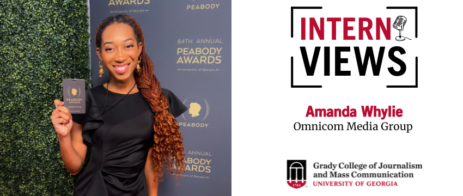
Grady InternViews: Amanda Whylie
This is part of a series where we ask Grady College students to describe their internship experience. Amanda Whylie is a fourth-year entertainment & media studies student working at Omnicom […]
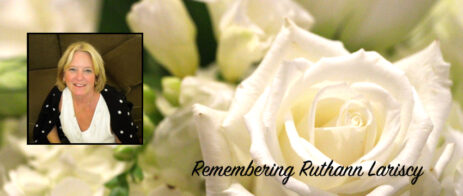
Remembering Ruthann Lariscy
Ruthann Lariscy was the type of friend who celebrated birthdays of colleagues deployed overseas by shipping them a party-in-a-box, complete with a birthday cake. She was the type of professor […]
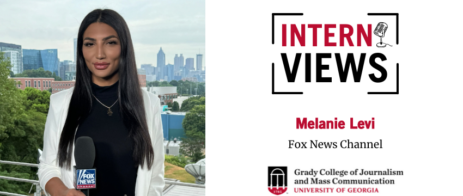
Grady InternViews: Melanie Levi
This is part of a series where we ask Grady College students to describe their internship experience. Melanie Levi is a fourth-year journalism student working with Fox News Channel as […]
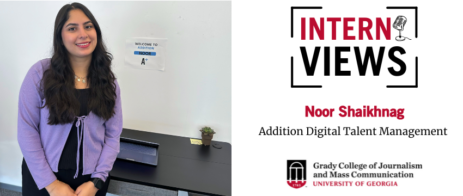
Grady InternViews: Noor Shaikhnag
This is part of a series where we ask Grady College students to describe their internship experience. Noor Shaikhnag is a fourth-year entertainment & media studies and communication studies student […]
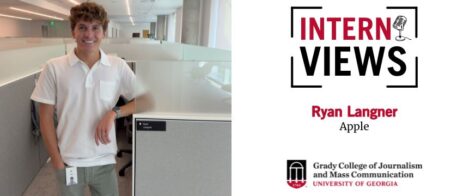
Grady InternViews: Ryan Langner
This is part of a series where we ask Grady College students to describe their internship experience. Ryan Langner is a fourth-year advertising student working with Apple as a Partner […]
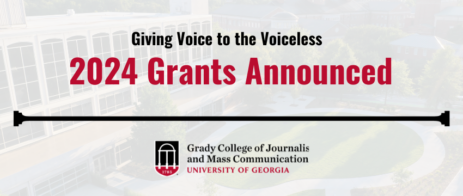
2024 Giving Voice to the Voiceless grants announced
Projects that use music to benefit dementia patients, help Atlanta public school students express their identities and provide an outlet to combat name-based discrimination in science are just a few […]

Perspectives
“The news literacy certificate amplified the training I received from Grady College. I feel more prepared as I’m beginning my career as a journalist, having the skills to spot in truthfulness in an era of misinformation.”
Ashley Balsavias
(AB ’23)
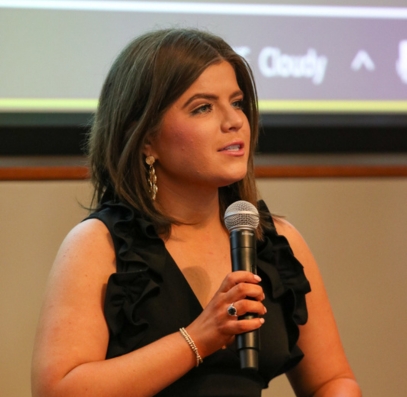
Perspectives
“As journalists, we have the crucial responsibility and duty of separating the truths from the falsehoods to keep the public informed. The News Literacy Certificate equipped me with the skills and knowledge to do just that.”
Sydney Hood
(AB ’23)
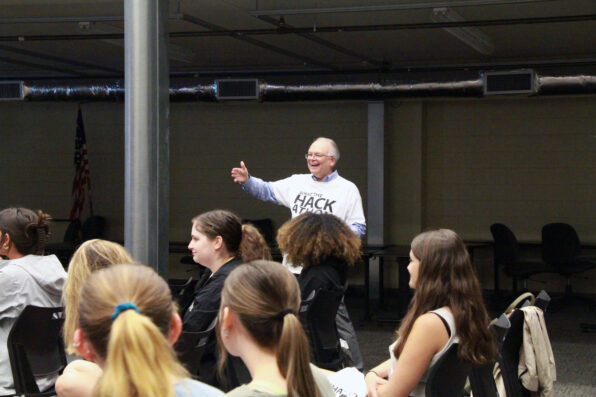
Apply
Students can automatically enroll in the Certificate of News Literacy through their Athena account once registered for the introductory course, JOUR 3030. Students do not need special permission to enroll in the certificate and can enroll at any time.
